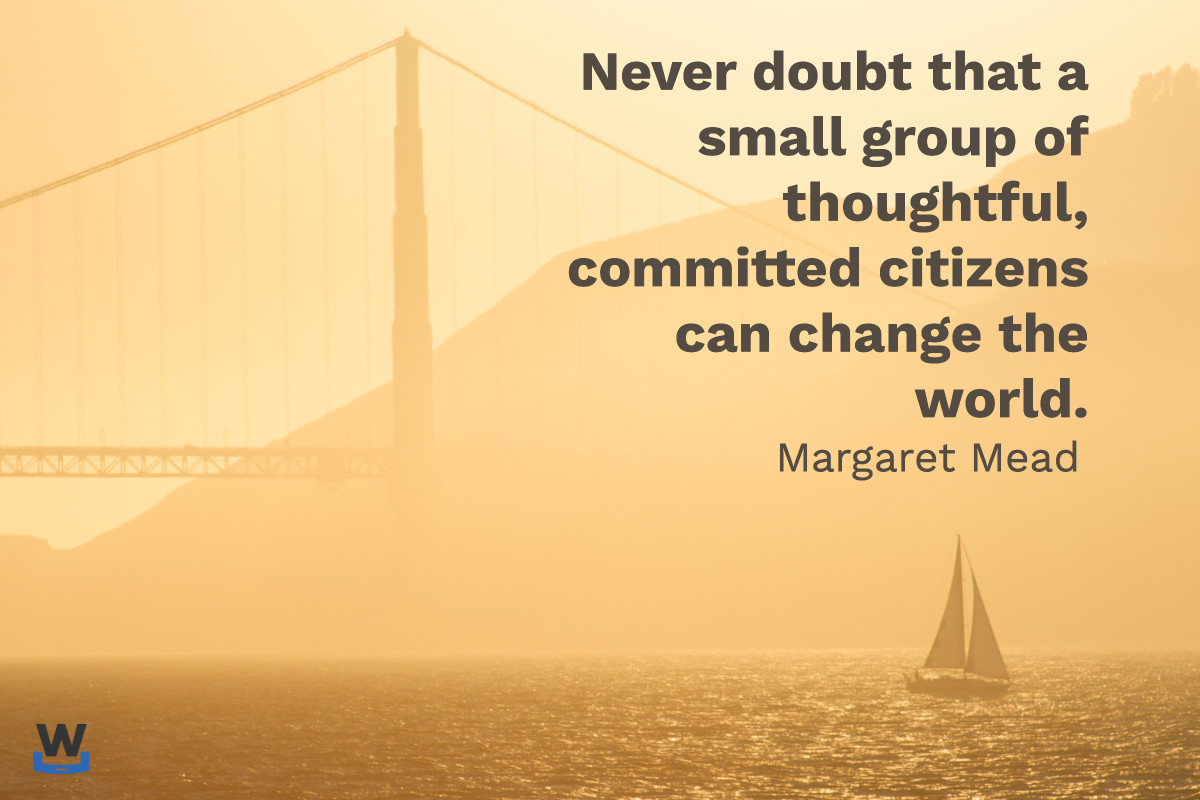Policy is hard
We’re back at work after a trip to M3AAWG. This conference was a little different for me than previous ones. I spent a lot of time just talking with people – about email, about abuse, about the industry, about the ecosystem. Sometimes when you’re in a position like mine, you get focused way too much on the trees.
Of course, it’s the focusing on the trees that makes me good for my clients. I follow what’s going on closely, so they don’t have to. I pay attention so I can distill things into useable chunks for them to implement. Sometimes, though, I need to remember to look around and appreciate the forest. That’s what I got to do last week. I got to talk with so many great people. I got to hear what they think about email. The different perspectives are invaluable. They serve to deepen my understanding of delivery, email and where the industry is going.
One of the things that really came into focus for me is how critical protecting messaging infrastructure is. I haven’t spoken very much here about the election and the consequences and the changes and challenges we’re facing. That doesn’t mean I’m not worried about them or I don’t have some significant reservations about the new administration. It just means I don’t know how to articulate it or even if there is a solution.
The conference gave me hope. Because there are people at a lot of places who are in a place to protect users and protect privacy and protect individuals. Many of those folks were at the conference. The collaboration is still there. The concern for how we can stop or minimize bad behavior and what the implications are. Some of the most difficult conversations around policy involve the question who will this affect. In big systems, simple policies that seem like a no-brainer… aren’t. We’re seeing the effects of this with some of the realities the new administration and the Republican leaders of congress are realizing. Health care is hard, and complex. Banning an entire religion may not be a great idea. Governing is not like running a business.
Talking with smart people, especially with smart people who disagree with me, is one of the things that lets me see the forest. And I am so grateful for the time I spend with them.


